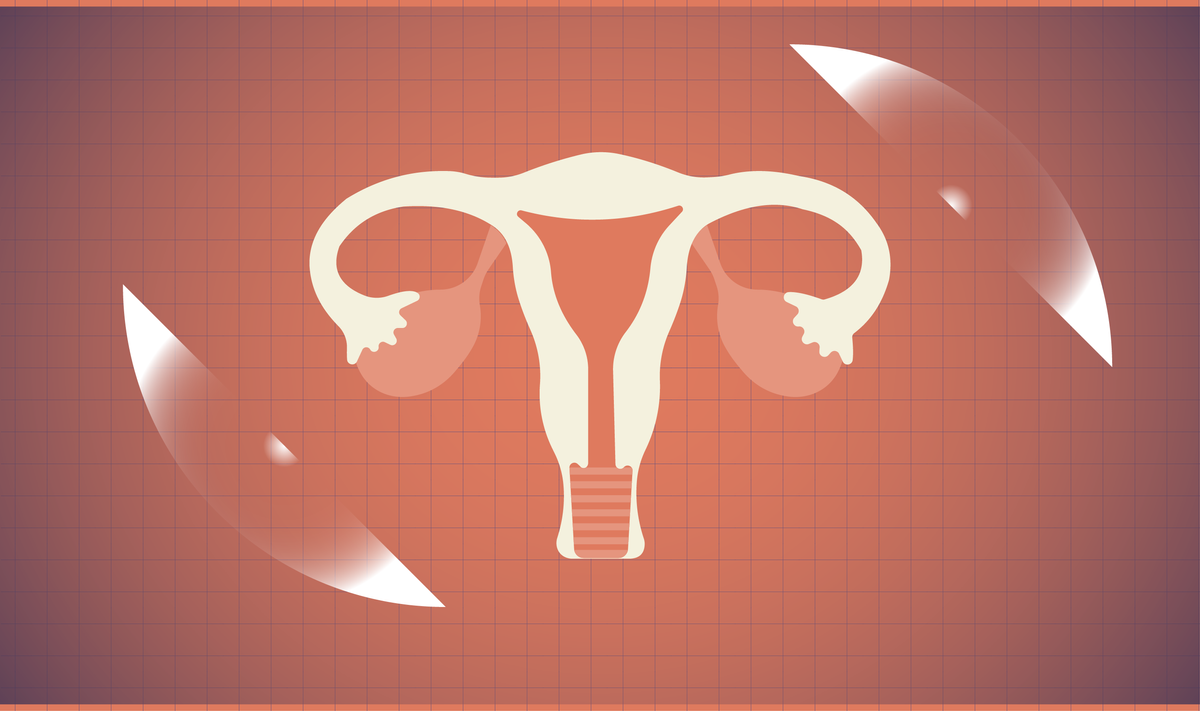Debate emerges about drinking alcohol while breastfeeding
Other discussions raised concern about a new Arkansas abortion law and the arrest of a Texas midwife.

Other discussions raised concern about a new Arkansas abortion law and the arrest of a Texas midwife.
This past week, a Facebook post telling breastfeeding parents that “it’s ok to have a drink” generated conversation about whether alcohol consumption while breastfeeding is safe for infants. Other social media posts highlighted a new Arkansas law that clarifies medical exceptions to the state’s abortion ban and the recent arrest of a Texas midwife who allegedly provided illegal abortions.
In response, communicators may circulate recommendations for breastfeeding parents who consume alcohol, share information about local abortion laws, and explain how target populations can access abortion in your state or nearby.

Insights brought to you by the reporters and science writers of Public Good News (PGN), a nonprofit newsroom dedicated to improving community health.
What’s trending nationally in conversations about reproductive health:
On March 19, a Facebook user shared a post that said “it’s ok to have a drink while breastfeeding,” garnering approximately 1.6 million views. While having one standard drink per day at least two hours before breastfeeding is not known to be harmful to infants, the post did not clarify that avoiding alcohol while breastfeeding is the safest option. While some commenters echoed the original post’s claim, others criticized breastfeeding parents who consume any amount of alcohol and raised concern about how it could impact infant health.
Online conversations about a Texas bill clarifying medical exceptions to the state’s abortion ban continued this past week. A similar bill was recently signed into law in Arkansas, leading to further discussions. Arkansas had already banned abortion unless the pregnant person is experiencing a medical emergency. The new law outlines situations that do not qualify as medical emergencies: when a treatment exists that can, in “reasonable medical judgment,” preserve the pregnant person’s life without ending the pregnancy; when the medical emergency is psychological or emotional; and when the pregnant person’s medical risk is solely based on self-reported information or presumed intent to self-harm. Across social media platforms, abortion rights advocates criticized the Arkansas law and expressed concern about how the law further restricts abortion access in the state.
On March 18, news articles reported that a Houston midwife was arrested for allegedly providing illegal abortions, which violates a Texas law prohibiting abortion after six weeks of pregnancy. Social media posts across platforms discussed the arrest, with some receiving hundreds of thousands of views. Public figures who oppose abortion stated that the arrest was necessary, while abortion rights advocates warned that crackdowns on midwives could drive pregnant people in Texas to seek unsafe abortion methods.

Recommendations brought to you by the health communication experts behind Infodemiology.com.
Recommendations for public health professionals
Each week, the Infodemiology.com team will provide messaging recommendations in response to some of the trending narratives outlined above. These helpful tips can be used when creating content, updating web and FAQ pages, and developing strategy for messaging about reproductive health.
Conversations about alcohol and breastfeeding provide an opportunity to educate target populations about the recommended guidelines. Messaging may explain that while avoiding alcohol is the safest option, having one standard drink per day is not known to harm infants’ health. The CDC recommends that parents who consume one alcoholic beverage wait at least two hours before breastfeeding. Consuming more than one alcoholic drink per day while breastfeeding is not recommended, as this can be harmful to infants’ growth and sleep patterns. Excessive alcohol consumption can also decrease breast milk production. Sharing resources for alcohol use disorder is recommended, including SAMHSA’s National Helpline, which connects people to treatment, support groups, and more.
In light of ongoing conversations about abortion legislation, communicators may continue to ensure that all materials covering your state’s abortion laws are up to date. Currently, this is most relevant to communicators in Arkansas. Communicators may also want to share the Repro Legal Helpline, which provides free, confidential legal services for people seeking abortions and other forms of reproductive health care; Plan C, which provides information about accessing abortion pills in every state; and AbortionFinder.org, which helps people find reputable abortion providers.
Communicators in states where abortion is banned or heavily restricted may direct people to the National Network of Abortion Funds, which can help anyone pay for an abortion, including associated costs like travel and lodging for those who have to get an abortion out of state.
